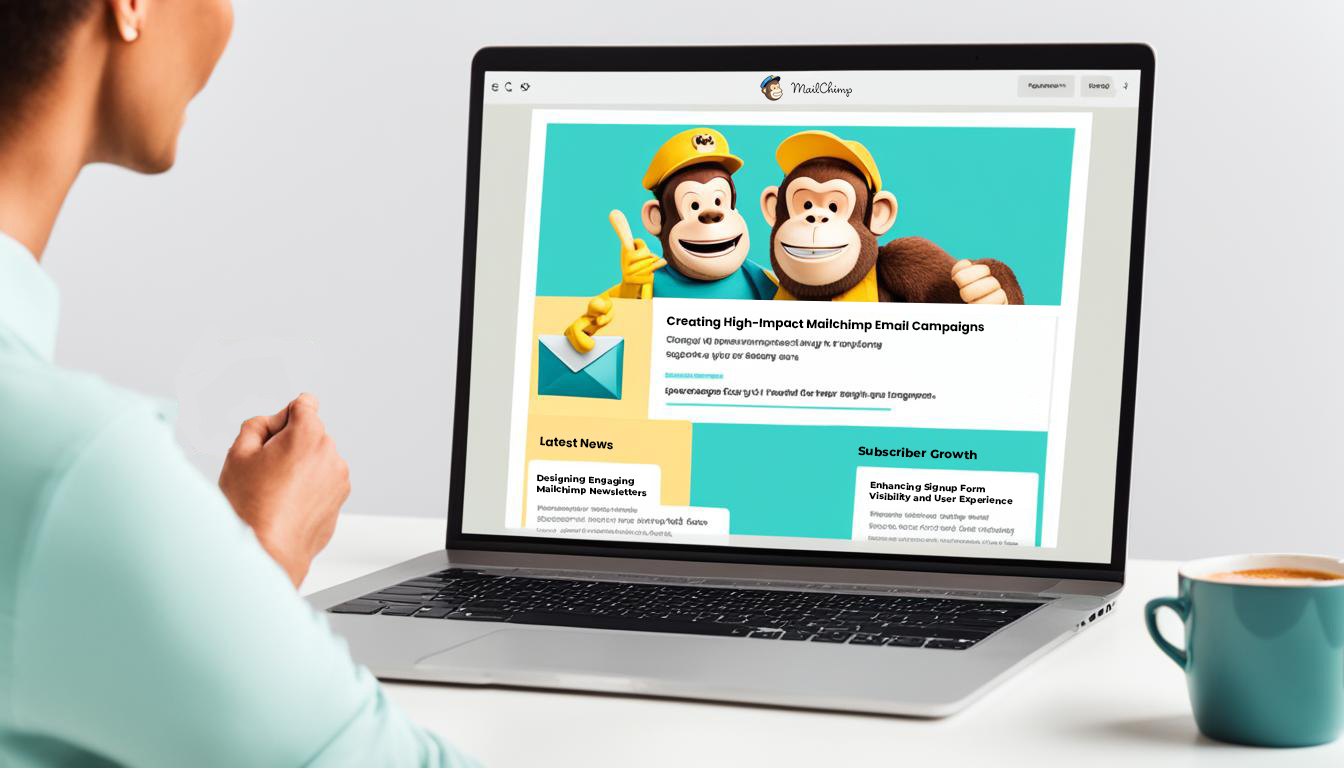Introduction
In an era where technology perpetually reshapes business landscapes, the rise of AI in digital marketing stands out as a revolutionary force in digital marketing. This article delves into how AI is not just an auxiliary tool but a pivotal force driving the evolution of digital marketing strategies. From automated content creation to predictive analytics and personalized customer experiences, AI is setting new benchmarks for efficiency and effectiveness.
The Rise of AI in Digital Marketing
Digital marketing has always been at the forefront of adopting innovative technologies. The integration of AI into this domain has accelerated changes, impacting how brands interact with consumers. AI’s ability to analyze large datasets has opened new avenues for marketers to understand consumer behavior and predict trends.

Enhancing Customer Engagement with AI
- Personalization at Scale: AI excels in delivering personalized experiences to a vast audience. Algorithms analyze user data and behavior to tailor content, recommendations, and advertisements to individual preferences. This level of personalization increases engagement and conversion rates.
- Chatbots and Virtual Assistants: AI-powered chatbots and virtual assistants provide 24/7 customer service, handling inquiries and resolving issues in real time. They learn from each interaction, becoming more efficient in delivering relevant information and support, thereby enhancing the customer journey.
Streamlining Operations with AI-Driven Automation
- Automated Content Creation: AI tools like GPT and other content generation models can produce high-quality, engaging content quickly. This capability allows brands to maintain a consistent online presence with minimal human intervention, saving time and resources.
- Campaign Optimization: AI systems analyze real-time data to optimize marketing campaigns. They adjust bids, test different ad creatives, and redistribute budgets to maximize campaign performance across platforms.
Predictive Analytics and Decision Making
- Forecasting Consumer Trends: By analyzing past consumer data, AI predicts future buying patterns. Marketers use these insights to craft strategies that preemptively meet market demands.
- ROI Enhancement: AI’s predictive capabilities ensure that marketing funds are invested in channels and campaigns that yield the best returns. This precision reduces waste and increases marketing ROI.
Challenges and Ethical Considerations
While AI transforms digital marketing, it also brings challenges, particularly in data privacy and ethical use of technology. Marketers must navigate these issues carefully, ensuring compliance with regulations like GDPR while maintaining consumer trust.
AI in the Future of Digital Marketing
As AI technology advances, its role in digital marketing will grow, offering even more sophisticated tools for enhancing customer experiences and streamlining marketing efforts. Brands that adopt and adapt to these changes swiftly will likely lead their industries.
Conclusion
AI is not just a tool of the present but the cornerstone of future digital marketing strategies. By leveraging AI, marketers can drive more effective campaigns, create personalized experiences, and make smarter business decisions. As we continue to explore the capabilities of AI, its impact on digital marketing is bound to deepen, promising a future where marketing is more intelligent, responsive, and efficient.
Sources:
- Digital Marketing Institute: This source discusses how AI has significant potential in areas like SEO, PPC advertising, and data analytics. AI can automate tasks such as keyword research, content optimization, and bidding for ads, enhancing both efficiency and effectiveness in digital marketing campaigns (Digital Marketing Institute).
- HubSpot Blog: According to their research, the top uses of AI in digital marketing include data analysis, research, and content creation. AI tools help marketers save time by automating administrative tasks and enhancing content personalization, which tailors the customer experience based on individual online behaviors (HubSpot Blog).



